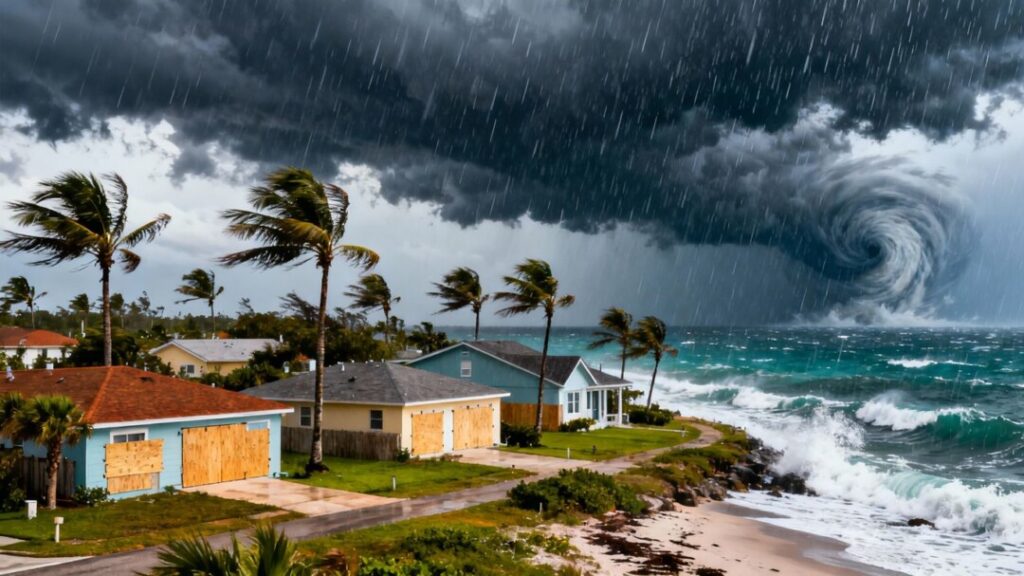As another hurricane season approaches, understanding hurricane insurance is more important than ever for Florida residents. With laws in place guiding how hurricane coverage works and what is required from both insurers and homeowners, navigating your policy details can make a critical difference when storms threaten.
Key Takeaways
- All insurance companies in Florida must offer hurricane deductibles
- Deductibles are paid once per season, not per storm
- Hurricane coverage mainly addresses windstorm-related damage
The Law Behind Hurricane Insurance in Florida
In Florida, insurance providers are legally required to offer hurricane deductibles to policyholders. These deductibles usually come in standard amounts—$500, 2%, 5%, or 10% of your home’s insured value. It’s important to note that some exceptions to these rules exist, so residents should always verify the specifics with their insurer. Importantly, this deductible only applies once per hurricane season. That means even if multiple storms occur, homeowners only need to meet the deductible a single time each year.
What Does Hurricane Coverage Actually Include?
While many might assume hurricane insurance covers a wide range of damages caused by a storm, in Florida, the legal definition is more precise. Hurricane coverage specifically addresses ‘windstorm damage’ sustained during a designated hurricane event. For example:
- If your roof sustains damage from high winds during a hurricane, the repairs are typically covered.
- If as a result of wind damage, rainwater enters and damages the interior of your home, that kind of damage is also included.
It’s important to be aware that not all hurricane-related damages—such as flooding—are automatically included. Flood insurance is generally a separate policy and should be considered in addition to your standard homeowner’s or hurricane insurance.
Tips for Florida Homeowners
- Review Your Deductible: Ensure you know the exact deductible amount for your policy and how it is calculated.
- Ask About Exceptions: Some homes may have unique requirements or deductible amounts. Always confirm details with your insurer.
- Understand Your Coverage: Make sure you’re clear on what damage is covered and under what circumstances. Ask whether your policy covers subsequent water intrusion following wind damage.
- Consider Separate Flood Insurance: Since standard hurricane insurance won’t typically cover flooding, a separate flood policy may be necessary depending on your location.
Planning Ahead for Hurricane Season
Preparation and understanding your insurance policies are key in minimizing stress and financial loss during hurricane season. Take time each year before the season begins to review your coverage, discuss any changes with your insurance provider, and make necessary adjustments.
Ensuring you have the right coverage and understand your rights and responsibilities under Florida law can help protect your home and family in the event of a major storm.


